The combination of increased availability of large amounts of fine-grained human behavioral data and advances in machine learning is presiding over a growing reliance on algorithms to address complex societal problems. Algorithmic decision-making processes might lead to more objective and thus potentially fairer decisions than those made by humans who may be influenced by greed, prejudice, fatigue, or hunger. However, algorithmic decision-making has been criticized for its potential to enhance discrimination, information and power asymmetry, and opacity. In this paper, we provide an overview of available technical solutions to enhance fairness, accountability, and transparency in algorithmic decision-making.
- Project Reports & Research Papers
Fair, Transparent and Accountable Algorithmic Decision-making Processes
- English


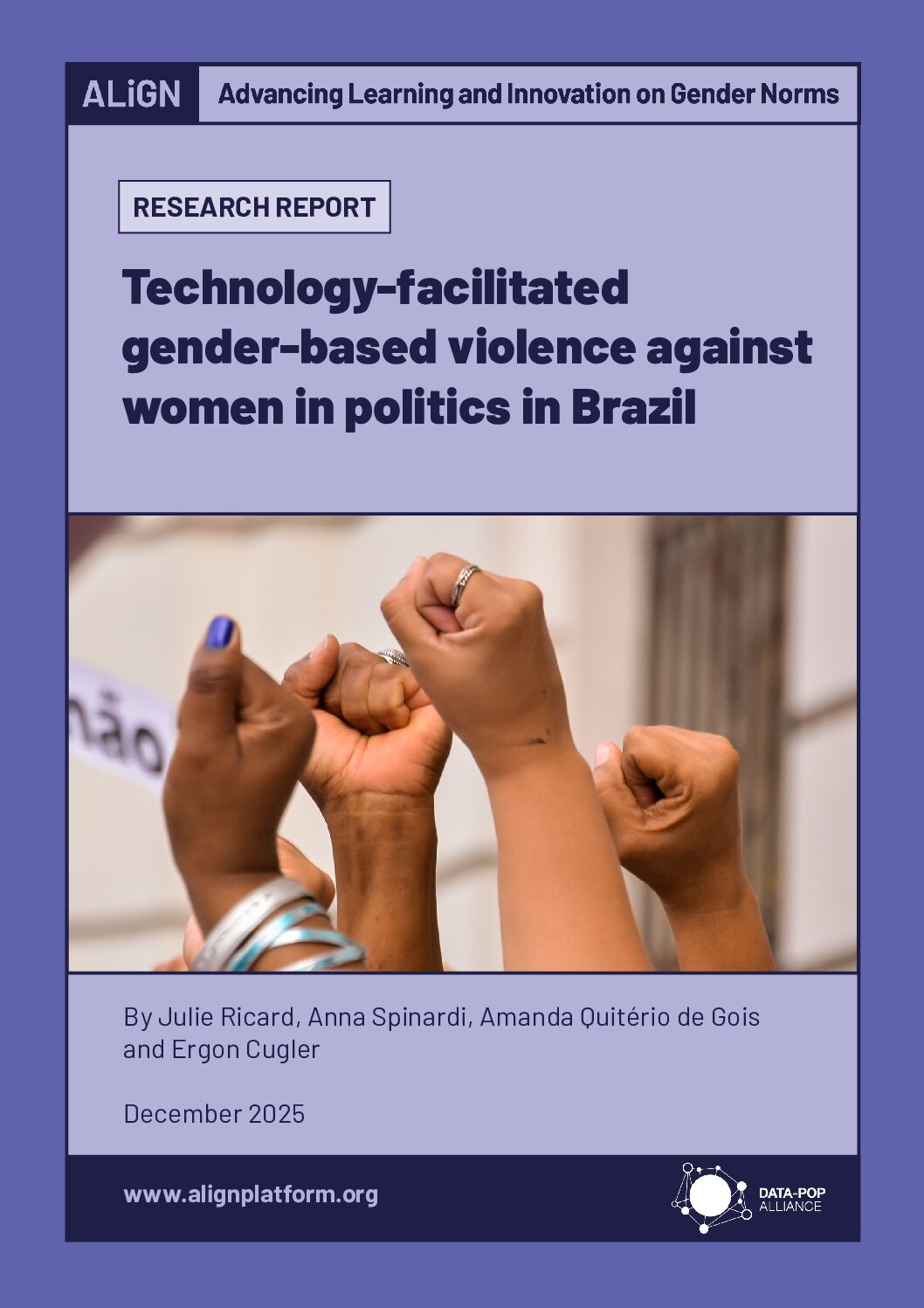
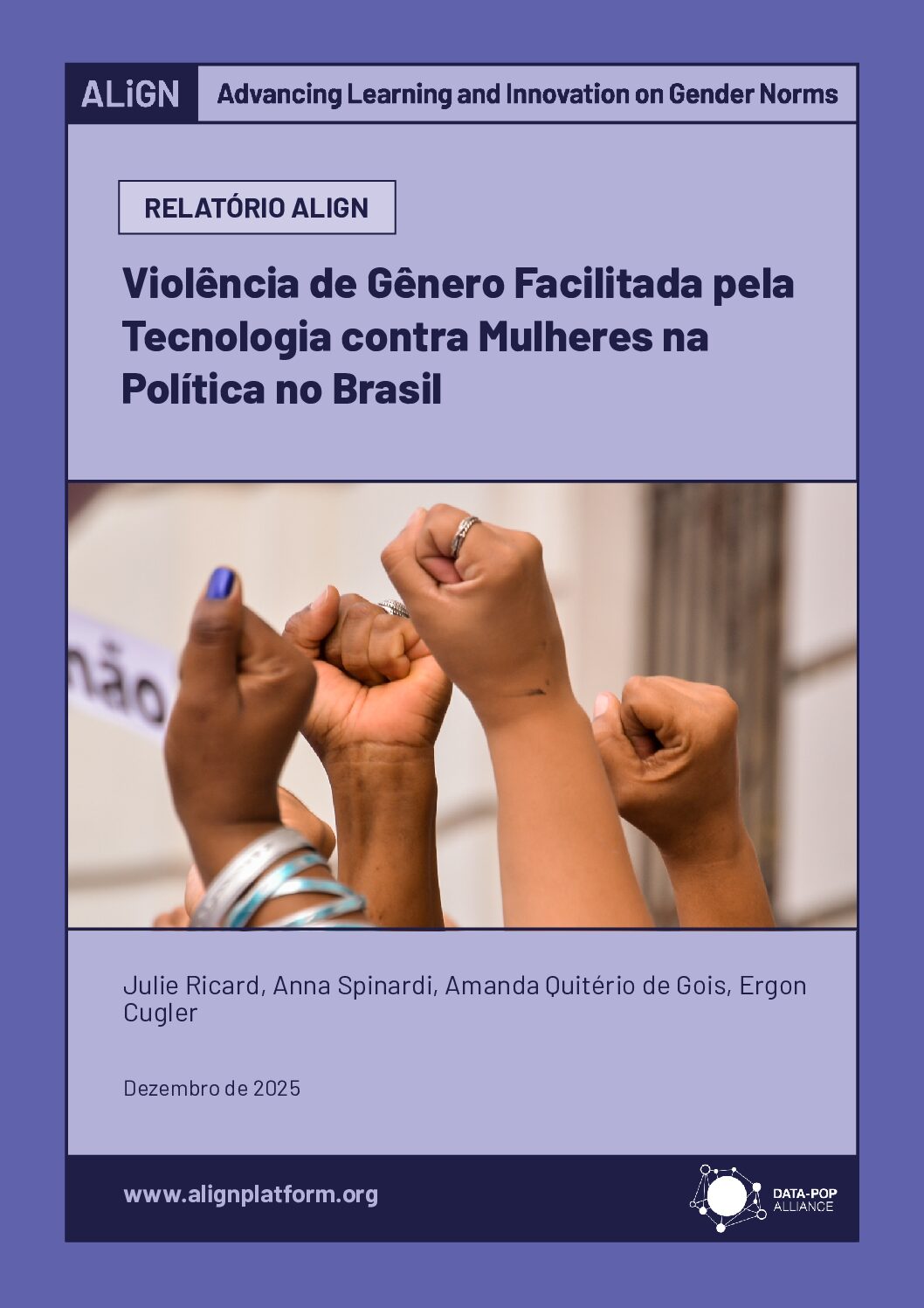
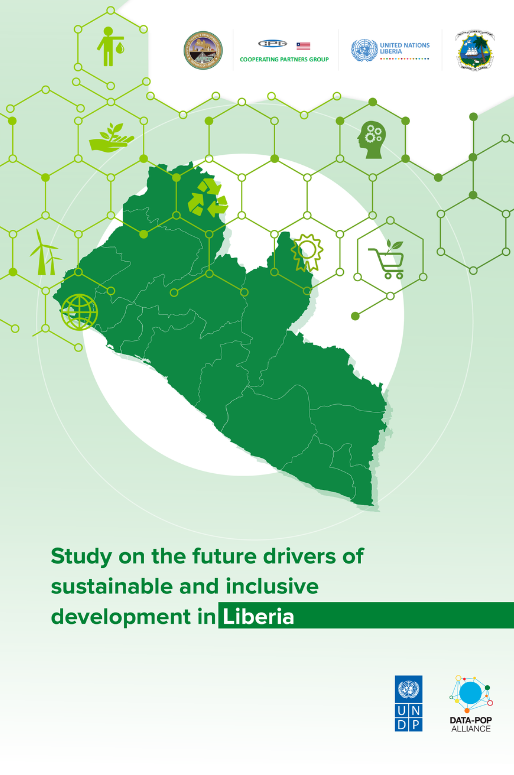

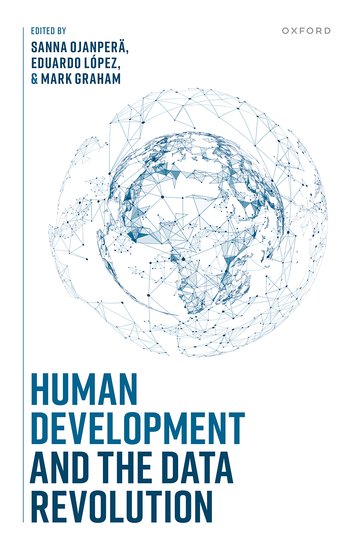
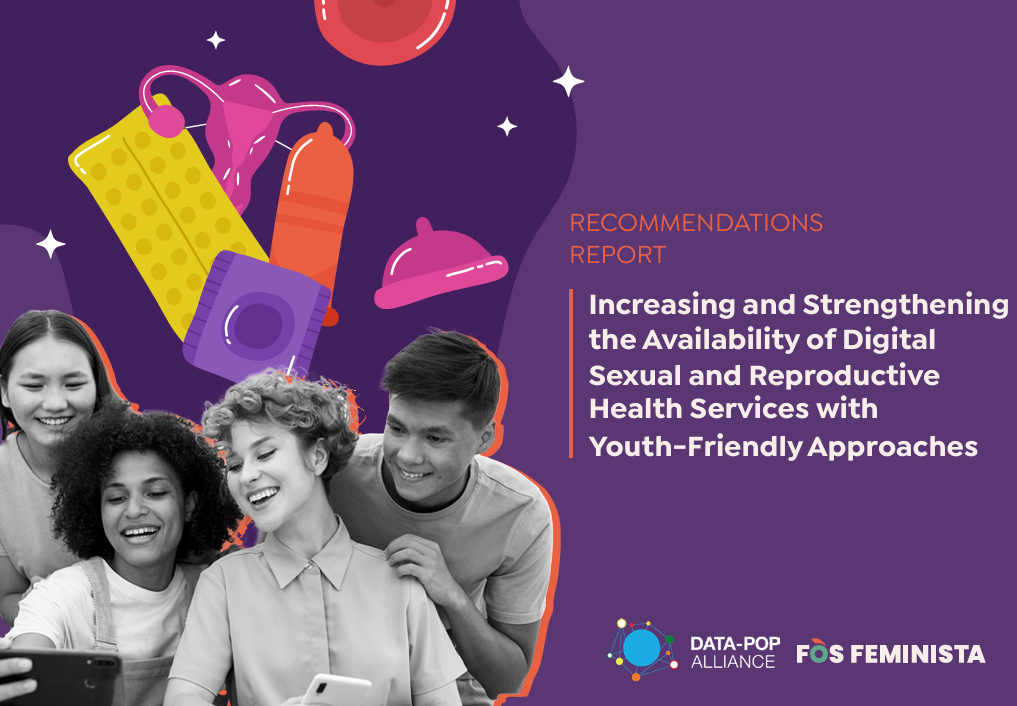
![[P124] cover Bangladesh_Report](https://datapopalliance.org/wp-content/uploads/2025/04/P124-cover-Bangladesh_Report.png)

![[WEB] Feature Blog Post](https://datapopalliance.org/wp-content/uploads/2025/02/WEB-Feature-Blog-Post-.png)
